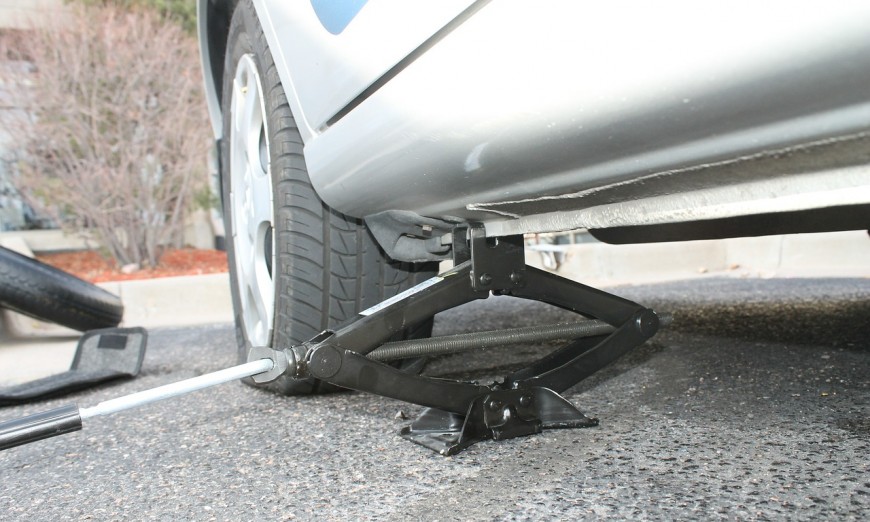Each and every year cold temperatures, snow and ice, road salt, potholes, frost heaves, batteries, tires, brakes and suspensions put our vehicles to the test. While most new vehicles have “smart” computer systems that can alert us about this and that there can be some components that can make our vehicles unsafe if left unattended. Spring is the time to “thank” our hard-working vehicles for their great winter performance with a maintenance overhaul. There are plenty of things you can do yourself to help your vehicle get back to 100%. A spring checkup can help uncover winter damage but there may be some components that are harder to check without requiring a skilled technician to pinpoint the problem. You should have your engine analyzed by a competent technician and determine if any of your vehicles components are in need of servicing.
Here are five spring car maintenance tips to keep in mind:
- Remove leftover salt. Salt, used on roads to melt ice and snow, can cause serious damage to cars, especially their undercarriages where metal can rust. Take your car to a highly rated car wash to eliminate salt, and check that the business has sprayers that clean the undercarriage.
- Check alignment and suspension. Driving over potholes can damage your car’s alignment and suspension. You might have a problem if you notice that the car pulls to one side or the steering wheel vibrates as you drive.
- Change oil and check fluids. If your last oil change was before winter, then this is a great time to do it. Spring is also an ideal time to flush your transmission fluid. It’s one of the most neglected services. Mechanics recommend changing your car’s oil every 3,000 to 5,000 miles. Don’t forget to check window washing fluid levels, as well as your brake and cooling system fluids.
- Rotate tires and check air pressure. Check the tire pressure, including the spare should you ever need it. Mechanics recommend tire rotation every 5,000 miles to keep tread wear even. One of the biggest issues we see is the front tires wearing out prematurely that can lead to handling issues.
- Inspect brakes. Nothing, perhaps, is more important than having brakes that function properly. Have a technician check the pads and rotors to ensure there are no safety issues. Neglecting them can lead to a costlier repair down the line.


